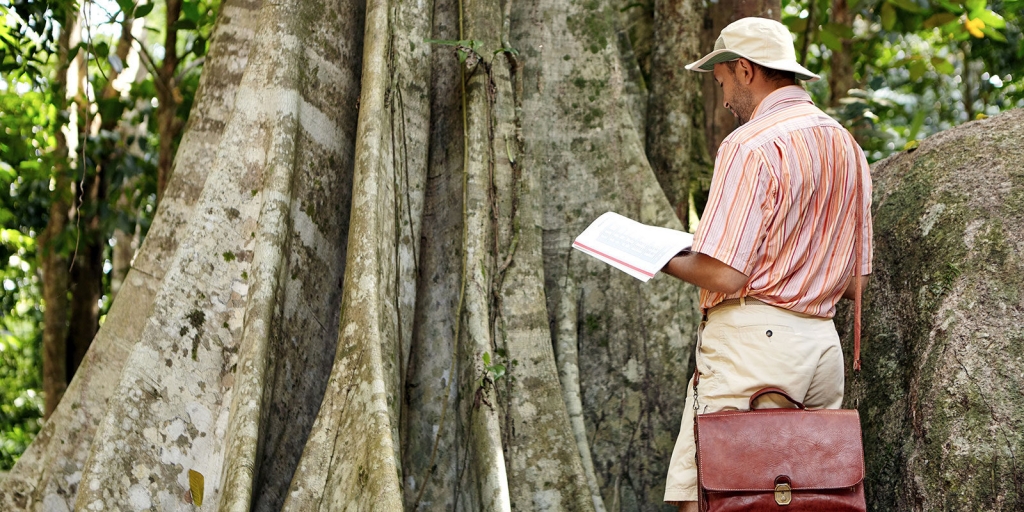
This guest post by the National Humanities Center’s Don Solomon highlights NHC’s recent efforts to reach across disciplines to study and promote action on climate change.
 This past spring, the National Humanities Center in Research Triangle Park focused sustained attention to the work humanists are doing to contextualize and address environmental concerns. In public conversations, podcasts, and panel discussions, we’ve highlighted how scholars from a variety of humanities disciplines are addressing environmental topics situated in places around the world—all of them unified by a shared interest in the ways that humans interact with their environment, and the repercussions those interactions have both locally and globally.
This past spring, the National Humanities Center in Research Triangle Park focused sustained attention to the work humanists are doing to contextualize and address environmental concerns. In public conversations, podcasts, and panel discussions, we’ve highlighted how scholars from a variety of humanities disciplines are addressing environmental topics situated in places around the world—all of them unified by a shared interest in the ways that humans interact with their environment, and the repercussions those interactions have both locally and globally.
The culmination of these efforts was an international conference on environmental humanities that drew distinguished thinkers and doers in environmental studies to RTP to discuss how we are to confront the most pressing problems of our time. Humanists, scientists, legal scholars, and policy experts from the United States and East Asia all came come together under the theme: “Beyond Despair: Theory and Practice in Environmental Humanities.”
In addition to the conference, the Center hosted:
- An exhibit of work by regional artists, curated by Professor Joshua White from Appalachian State University, showcasing the ways art can encourage deeper meditation on our relationships with nature and help transform a sense of loss into an impulse toward action.
- A scholarly roundtable featuring Center Fellows in conversation with NHC President and Director Robert Newman. The roundtable explored the important role for humanists in ongoing public discourse about climate change.
- A series of public conversations with NHC Fellows entitled Beyond Beauty: Exploring the Environmental Humanities, considering how their specific research on environmental issues has been shaped by their lived experiences, and how it seeks to remedy attitudes and understandings among local communities, academic audiences, and beyond.

The gap between scientific consensus and public acceptance of human-caused climate change is well-documented. The humanities can help bridge this gap of understanding. Environmental historians have revealed how our romance with wilderness has persisted at the expense of our stewardship of seemingly less pristine nature in which humans can flourish and prosper; literary scholars have exposed how the nexus between time and catastrophe can heighten awareness or blind us to the degradation of our lands. Scholars have revealed how indigenous communities have brought a deep historical sense of connection with the land to a trenchant, scientifically informed activism; how food resources and global commodities markets exacerbate and maintain global wealth disparities; and how an appreciation of beauty in nature can deliver us from loss to a place of understanding and action.
This is how we justify titling our efforts “Beyond Despair.” Though it seemingly defies the environmental realities of our time, in the framing of this conference and all of the related events, we decided to argue for hope—not despite of our appreciation of the magnitude and consequence of these issues, but because of it. We believe there simply is no time for catatonic inaction. Instead, in these matters, we urge a clear-eyed and determined optimism.
View the conference sessions, the scholarly roundtable and learn more about these and other recent environmental humanities work from the Center here.
This spring’s events were made possible with the generous support of RTI International, Burroughs-Wellcome Fund, TUCASI, North Carolina Humanities Council, Sally and Russell Robinson, and Duke University Press.